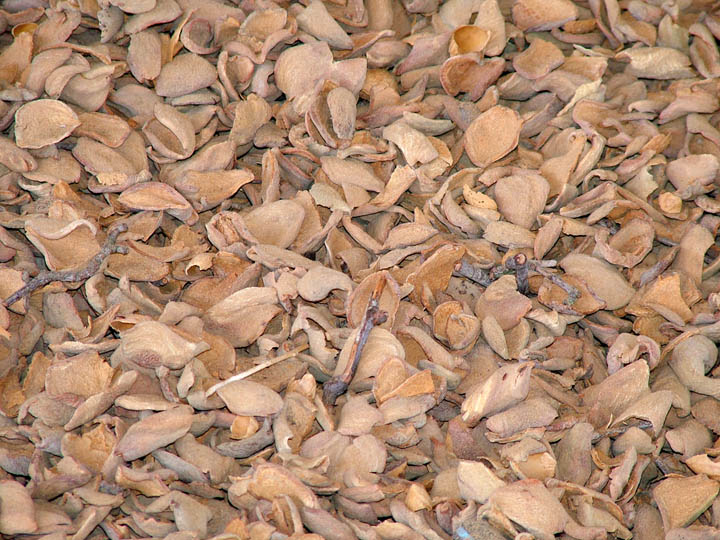
The Food Safety Modernization Act (FSMA), enacted and signed into law in January, includes the most expansive changes to the food safety regulatory landscape in many decades. With new requirements placed on those engaged in the production and manufacturing of food, you are probably wondering how this new law affects you.
April 4, 2011

The Food Safety Modernization Act (FSMA), enacted and signed into law in January, includes the most expansive changes to the food safety regulatory landscape in many decades. With new requirements placed on those engaged in the production and manufacturing of food, you are probably wondering how this new law affects you.
Undoubtedly, much of the focus will be placed on registered food facilities. In the almond world, registered food facilities would include huller/shellers, handlers and manufacturers utilizing almonds. Under the new law, each of these facilities must conduct a hazard analysis and prepare, as well as implement, a preventive control plan to address potential risks.
Individual food facilities — and possibly industries — will be classified into different categories on the basis of risk. Facilities may be designated as high risk based on past regulatory issues, robustness of preventive control plans, known safety or potential risk associated with the food, general condition of facility and operation, and participation in third-party audits. Those facilities designated as high risk will be subjected to regulatory audits at a much higher frequency than those deemed to be a lower risk.
Grower’s responsibility
Although the new reforms address responsibility and obligations at the processing level, it is important to remember the role of the grower in the food safety chain. Programs such as Good Agricultural Practices for Almond Growers will remain vital to ensuring that the potential for contamination is minimized.
New regulatory authority may place a greater emphasis on documenting the implementation of such programs by growers. We must remain committed to food safety at all points in the chain.
As the dust settles over the coming months, we will have a better understanding of the implications of FSMA on the California Almond industry. With the Almond Board’s proactive approach, we are well-positioned to quickly adapt to the changes that lie ahead. Please stay tuned for more.
About the Author(s)
You May Also Like



